NeuralSearchX Serving a Multi-billion-parameter Reranker for Multilingual Metasearch at a Low Cost
NeuralSearchX:ServingaMulti-billion-parameterRerankerforMultilingualMetasearchataLowCostThalesSalesAlmeida*,ThiagoLaitz*,JoãoSeródio*,LuizHenriqueBonifacio,RobertoLotufoandRodrigoNogueiraNeuralMind,BrazilAbstractThewidespreadavailabilityofsearchAPI’s(bothfreeandcommercial)bringsthepromiseofincreased...
相关推荐
-
《基于科学探究核心素养的高中生物教学案例的开发与实施研究》结题报告
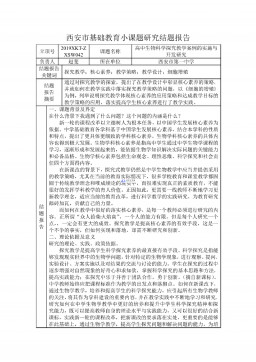
 2025-05-09 10
2025-05-09 10 -
走近小课题-幼儿园教育版
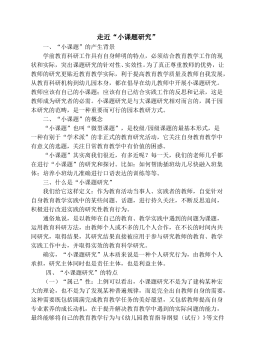
 2025-06-08 12
2025-06-08 12 -
转变学习方式 展现幼儿主体性 总课题研究报告

 2025-06-08 12
2025-06-08 12 -
周至县教育局2017年度教育科研小课题结题报告:《高中语文作业的有效性研究》

 2025-06-08 12
2025-06-08 12 -
中学语文课题研究案例3篇

 2025-06-08 12
2025-06-08 12 -
中学语文课堂教学艺术研究论文
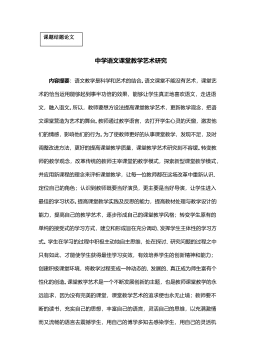
 2025-06-08 9
2025-06-08 9 -
中学数学课堂教学发展性评价的研究方案
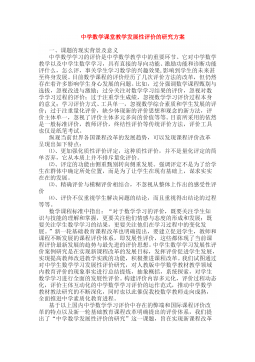
 2025-06-08 10
2025-06-08 10 -
中学生自主学习能力培养研究

 2025-06-08 11
2025-06-08 11 -
中学生抗挫折能力的培养研究结题报告

 2025-06-08 11
2025-06-08 11 -
中学生过度使用手机危害研究性学习报告
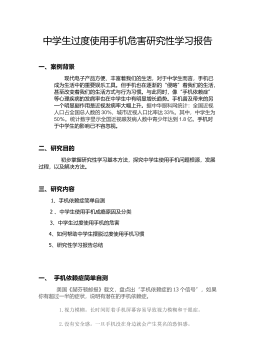
 2025-06-08 11
2025-06-08 11
作者详情
相关内容
-
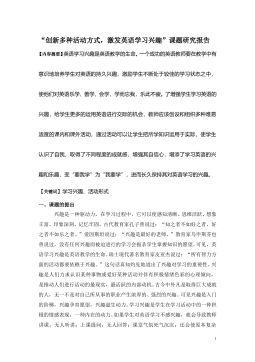
“创新多种活动方式,激发英语学习兴趣”课题研究报告
分类:
时间:2025-06-11
标签:无
格式:DOC
价格:10 玖币
-
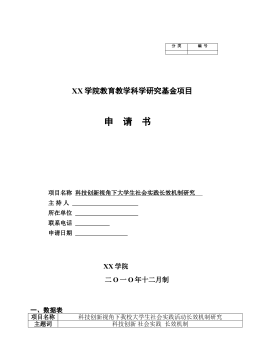
(完整word版)高校教改课题申报书范文
分类:
时间:2025-06-11
标签:无
格式:DOC
价格:10 玖币
-
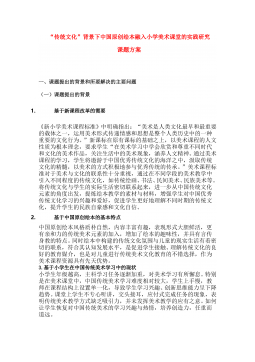
“传统文化”背景下中国原创绘本融入小学美术课堂的实践研究
分类:
时间:2025-06-11
标签:无
格式:DOC
价格:10 玖币
-

“初中、高中英语教学衔接的研究”课题研究方案
分类:
时间:2025-06-11
标签:无
格式:DOC
价格:10 玖币
-
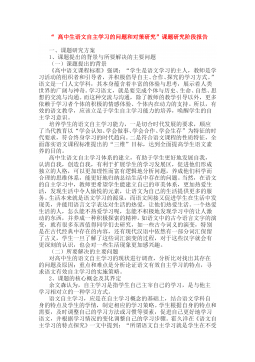
“ 高中生语文自主学习的问题和对策研究”课题研究阶段报告
分类:
时间:2025-06-11
标签:无
格式:DOC
价格:10 玖币



 渝公网安备50010702506394
渝公网安备50010702506394
